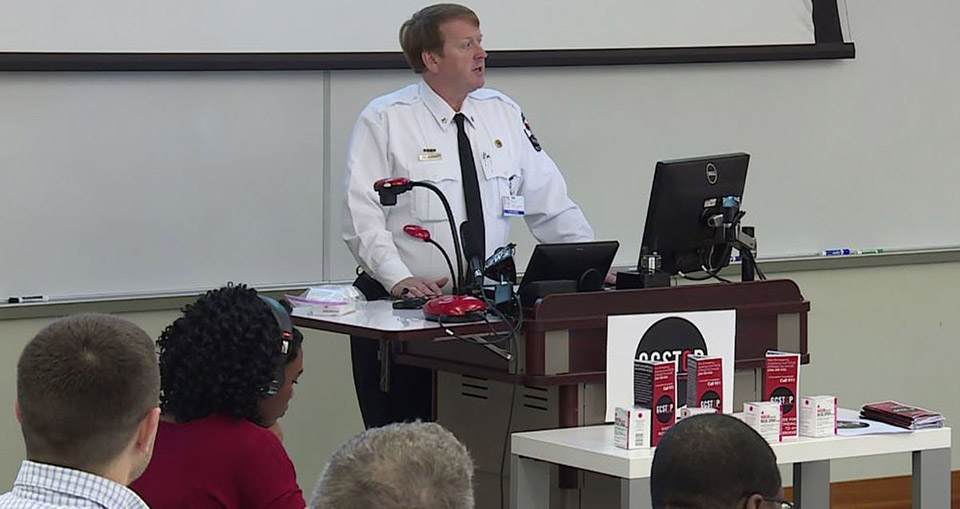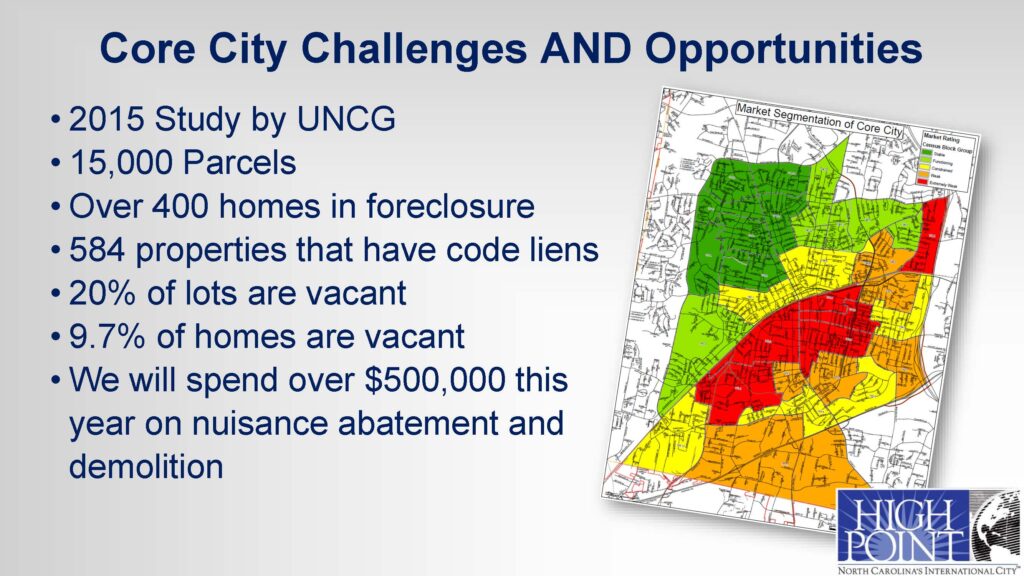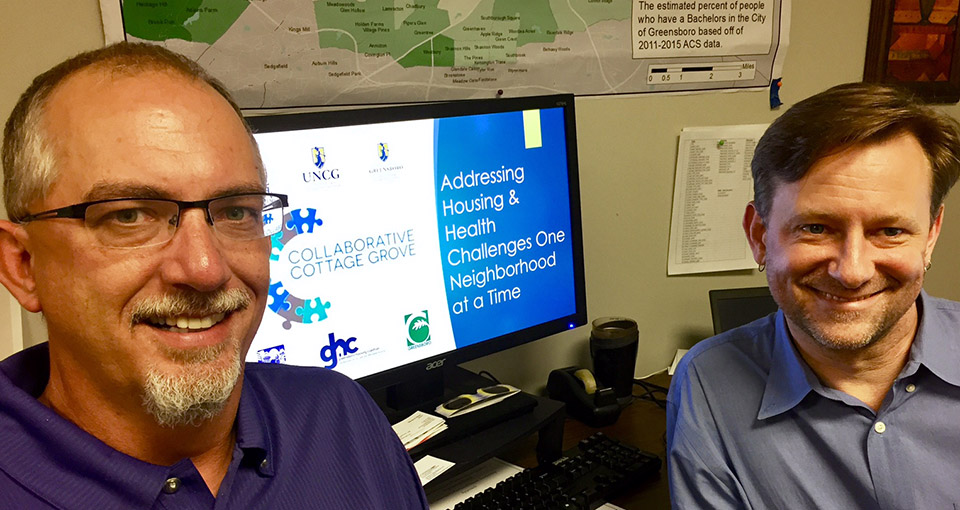News and Record: Guilford County program works to reduce opioid-related deaths, provide support

On March 8, 2018, Andre L. Taylor wrote about the Guilford County Solution to the Opioid Problem program in the News & Record: “Last year, the county saw more than 100 deaths related to opioids, according to Guilford County EMS. In another 700 instances, opioid overdoses were caught in time to … Continued



